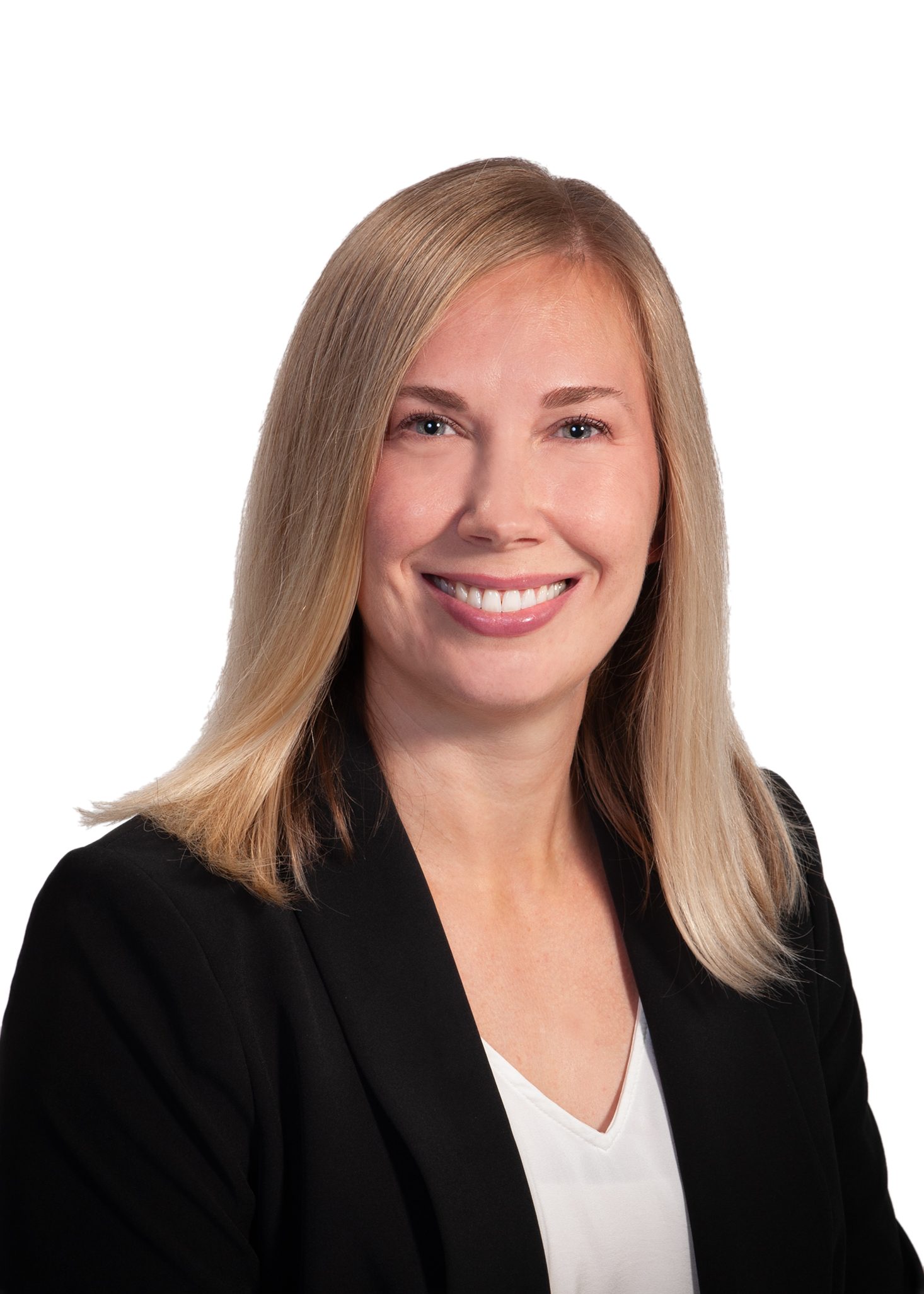Understanding FinOps and Broker-Dealer FINOPs
Financial Integrity in Two Worlds
By Olga Rip
Subscribe to our original industry insights
In today’s fast-paced business world, cloud financial operations, commonly referred to as FinOps, play a critical role in ensuring a company’s financial health. But what exactly is FinOps, and how does it relate to the specialized role of a broker-dealer FINOP? In this guide, we’ll explore the basics of FinOps and dive into the responsibilities of a broker-dealer FINOP.
What is FinOps? The Role of Cloud Financial Operations
FinOps, short for Cloud Financial Operations, is a framework designed to manage operational costs across an organization, particularly in relation to cloud computing. Its primary objective is to enable engineering, finance, business, and technology teams within the same organization to achieve business value, maintain financial accountability, and manage cloud service expenditures effectively. The FinOps Foundation, a nonprofit trade association, has developed best practices for FinOps. This FinOps framework aims not only to save money, but also to drive revenue by fostering collaboration among cross-disciplined teams. This collaboration ensures that the best decisions are made regarding technology investments and cloud resources, focusing on business value rather than just cost reduction.
Core Principles of FinOps for Cloud Cost Management
The key principles of FinOps, as outlined by the FinOps Foundation, are designed to maximize the business value of cloud computing through financial accountability and collaboration. Here are the core principles:
- Teams Need to Collaborate: Finance, technology, product, and business teams must work together in near real-time to manage cloud costs effectively.
- Business Value of Cloud Drives Decisions: Decisions about cloud usage should be driven by the business value it provides, not just cost considerations.
- Everyone Takes Ownership of Their Cloud Usage: All teams are responsible for their cloud usage and costs, promoting accountability across the organization.
- FinOps Reports Should Be Accessible and Timely: Financial and operational reports need to be available in a timely manner to support informed decision-making.
- Decisions Are Driven by Accurate and Timely Data: Reliable data is crucial for making informed decisions about cloud usage and costs.
- Continuous Improvement: Teams should continuously seek to improve efficiency and innovation in their cloud operations.
These principles help organizations optimize their cloud investments and ensure financial accountability across all teams.
Why FinOps is Essential for Modern Businesses
With the rise of cloud computing and the need for efficient financial management, FinOps is becoming increasingly essential for modern businesses. FinOps maximizes the business value of cloud computing by enabling timely data-driven decisions, promoting financial accountability and collaboration, supporting strategic planning, and improving overall operational and cost efficiency. Implementing FinOps practices can significantly optimize cloud services spending, ensuring the companies get the most value from their investments.
The Role of a Broker-Dealer FINOP
A broker-dealer FINOP, short for Financial and Operations Principal, is a mandatory role for Financial Industry Regulatory Authority (FINRA) member firms. Broker-dealer FINOPs are responsible for maintaining financial records, ensuring the accuracy of financial statements, adhering to net capital rules, and submitting all financial regulatory reports. To become a FINOP, individuals must pass either the Series 27 or Series 28 qualification exams. The Series 27 exam qualifies an individual to be the FINOP of a full-service or introducing broker-dealer, while the Series 28 exam qualifies an individual to serve as the FINOP of an introducing broker-dealer only.
Key Responsibilities of a Broker-Dealer FINOP
- Maintenance of Books and Records. Ensuring accurate and up-to-date financial records, which is crucial for transparency and regulatory compliance.
- Accuracy of Financial Statements. Overseeing the preparation and accuracy of financial statements, which are essential for internal decision-making and external reporting.
- Compliance with Net Capital Rules. Ensuring the broker-dealer meets the required net capital thresholds, vital for maintaining the broker-dealer’s financial stability and regulatory standing.
- Compliance with Customer Protection Rules. Adhering to regulations designed to protect customer assets, a fundamental responsibility to maintain trust and broker-dealer compliance.
- Timely Submission of Financial Regulatory Reports. Submitting all required financial reports to regulatory bodies on time, which is necessary to comply with regulatory requirements and avoid penalties.
- Regulatory Inquiries. Responding to inquiries from regulatory bodies, ensuring that the broker-dealer is responsive and compliant with regulatory investigations and requests.
Additional Resources
3 Reasons Outsourcing Your FINOP Makes Sense
Growth and Compliance: Navigating FINRA Registration Requirements
FinOps vs. Broker-Dealer FINOP: Key Differences
To summarize, here are the key differences between FinOps and broker-dealer FINOP:
- Scope: FinOps is broadly applicable across various industries and involves collaboration between finance, engineering, and business teams to maximize the business value of cloud investments, while the broker-dealer FINOP is specific to the financial services sector, particularly FINRA member firms.
- Focus: FinOps focuses on managing and optimizing the financial aspects of cloud computing, while broker-dealer FINOP ensures compliance with financial regulations and maintains the broker-dealer’s financial integrity.
- Qualifications: Although the FinOps Foundation provides a set of standards for organizations to follow, there are no specific regulatory qualifications required for FinOps, while broker-dealer FINOP requires passing the Series 27 or Series 28 exams to qualify.
- Responsibilities: FinOps emphasizes cost allocation, budgeting, forecasting, and performance tracking to ensure efficient cloud spending, while broker-dealer FINOP focuses on maintaining financial records and regulatory compliance.
- Distinct Roles, Shared Importance in Financial Operations: While both FinOps and broker-dealer FINOPs play important roles in financial management, they serve distinct purposes and operate within different frameworks. Understanding the differences between these roles highlights the specialized nature of financial operations in different contexts. Both roles are vital, but their distinct responsibilities and focus areas underscore the diverse landscape of financial operations today.
The Value of an Experienced Broker-Dealer FINOP
Choosing an experienced broker-dealer FINOP is crucial for ensuring the smooth and compliant functioning of broker-dealer firms. A strong FINOP has a deep understanding of financial regulations and compliance requirements, is adept at maintaining accurate financial records and preparing financial statements, stays updated on changes in financial regulations, and ensures the broker-dealer adapts accordingly. An experienced broker-dealer FINOP brings invaluable expertise in regulatory compliance, financial integrity, customer protection, timely reporting, and adaptability to regulatory changes. This expertise is essential for maintaining the financial health and regulatory compliance of a broker-dealer firm.
Oyster Consulting has FINOPs with significant experience supervising accounting and finance teams, working with independent auditors, performing regulatory computations, and filing reports. They will share their expertise and provide support to your firm’s senior management. Oyster’s FINOP consultants are Series 27 licensed, experienced professionals with a bench of industry leaders behind them. When you outsource your FINOP role, you get a team, not just a consultant.




